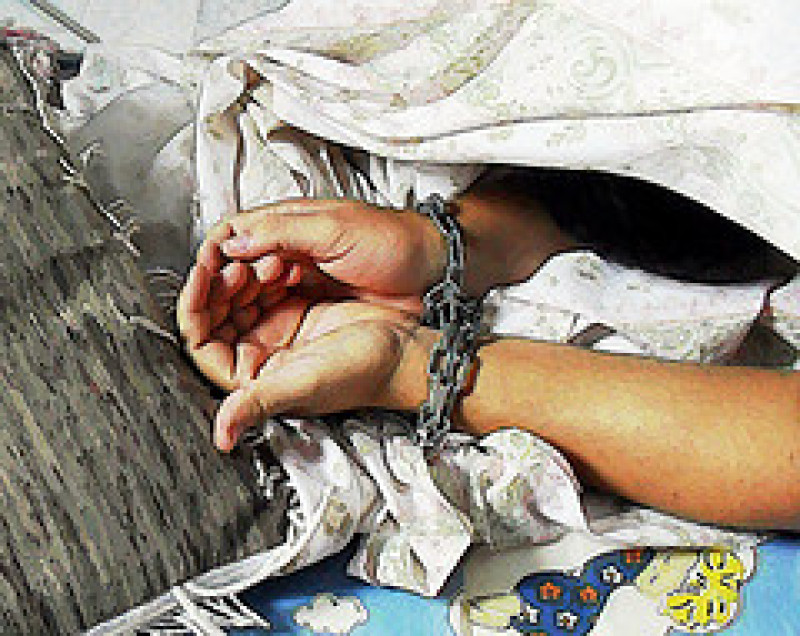
The Walk Free Foundation, a human rights organization based in Australia, released a report indicating that 35.8 million people in the world are living in modern slavery, according to the Sydney Morning Herald.
Based on the Global Slavery Index 2014, India, Mauritania, Uzbekistan and Haiti are the top countries where the practice of slavery is common.
For the study, the foundation defined slavery as the act of depriving individuals of their freedom and rights for exploitation purposes. Members of the group said modern slavery exists in the form of prostitution, forced labor and overwhelming debt.
The group noted that the issue affects people across various age groups in different countries.
"From children denied an education by being forced to work or marry early, to men unable to leave their work because of crushing debts they owe to recruitment agents, to women and girls exploited as unpaid, abused domestic workers, modern slavery has many faces," the report read.
India topped the Walk Free Foundation's list of having the most number of slaves based on its population ratio. With 1.25 billion inhabitants, about 14.3 million people are considered as slaves. Many of them are prostitutes and forced laborers.
Following India is Mauritania, a country located in western North Africa. Here, slaves make up about four percent of the country's population of 3.9 million.
Many of Mauritania's slaves are women who were forced into arrange marriages. Others are children who were taken from their families to serve in rebel armies operating in African regions.
The Republic of Uzbekistan came in third with 1.2 million. Due to state laws supporting the demand for cotton, many Uzbekistan citizens are enslaved to work on agricultural fields.
For Haiti, its estimated 237,700 slaves are mainly composed of children due to the country's common cultural practice.
Because of poverty, many families send their children away to live with more affluent relatives. Although the intention is to provide a better life for the children, the practice oftentimes leads to abuse. Many of the children are subjected to forced domestic labor or physical and sexual abuse.
According to Fiona David, the head of research for Walk Free Foundation, slavery can be stopped as long as the countries' respective governments take proper action against it.
"What the results show is that a lot is being done on paper but it's not necessarily translating into results," she told the Thomson Reuters Foundation.
"Most countries got 50 percent or less when we looked at the strength of their victim assistance regime," David added. "It's also striking that out of 167 countries we could only find three where governments have put things in place on supply chains."



















